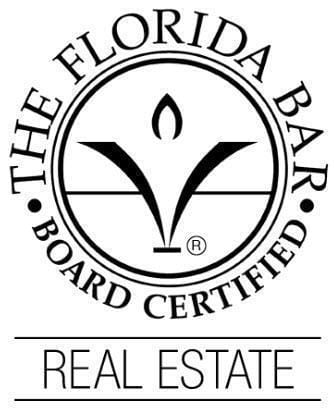Having good credit is essential if you want to secure a loan to buy residential or commercial real estate. Before you approach a lender, consider acquiring a copy of your credit report. Some people have found unwelcome surprises on their reports that have impeded their ability to secure a loan or a mortgage.
A credit report should be an accurate record of your accounts and debts. If your report contains inaccurate or outdated information, it could harm your credit score. Checking your report may uncover errors or problems that you can have a credit bureau correct before visiting a lender.
Mistaken identity
As you check your report, look for accounts that are unfamiliar to you. According to Bankrate, it is possible for a credit bureau to list account information on your report from somebody with an identical or similar name as yours. This can be a problem if the other identity places negative information on your report.
You might also notice an account that has a higher balance than you know you have. This may be a case of mistaken identity, but it could also indicate that someone has stolen your identity. If you find indications of identity theft, you will want to take action to secure your identity and your accounts as soon as possible.
Bankruptcy reports
If you have filed for bankruptcy in the past, you should know that bankruptcy does not stay on your credit report forever. Chapter 13 bankruptcies can remain on a report for up to seven years while a Chapter 7 bankruptcy may remain for ten years. So at some point, your bankruptcy should disappear from your report. If you have a past bankruptcy that does not belong on your report, it could harm your application for financing.
False money balances
Some people encounter phantom money balances on their reports. These are balances that should not exist for one reason or another. For example, you may have closed a bank account at some point, but that account may have had an overdraft line of credit on it. This might show up on your report as an outstanding debt.
Additionally, you may have possessed a debt that your creditor had sold to a collection agency. The bureau should have closed your old debt listing and opened a new listing for the collection agency. However, sometimes a report will contain the old and new listings, basically duplicating one debt.
You can correct report mistakes
The good news is that you can contact a credit bureau to clear up mistaken or outdated information. With this task taken of, the bureau with the outdated information should contact other credit bureaus to make your information current and accurate.




